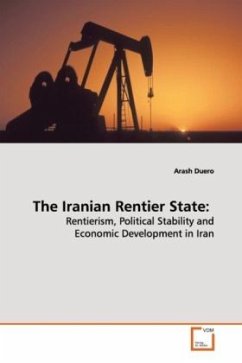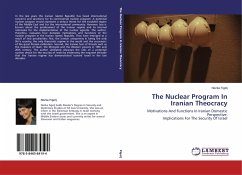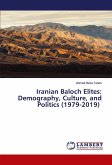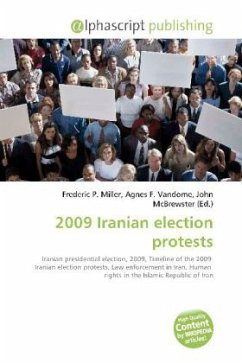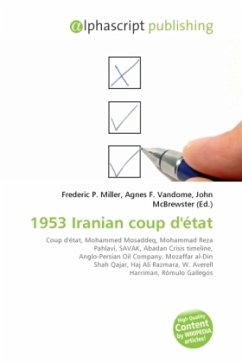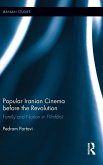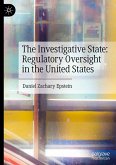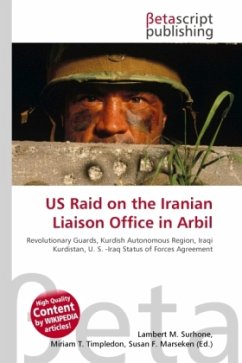Since 1979, the Islamic Republic of Iran has managed
to consolidate and centralize its power, cement its
authority over the domestic populace, and exercise
increasing influence in the Middle East and beyond;
all this amidst an ever growing population and
escalating economic problems. Yet, the government of
Iran has been able to maintain internal political
control while pursuing a more assertive foreign
policy abroad. Economic sanctions, international
isolation, and strict containment policies have
apparently had little effect in weakening the state.
So, what factors have contributed to the Iranian
state s resilience to sustain itself through times of
political and economic shock? This timely work
examines the scale of political, economic and social
impacts oil-led economic development has had in the
Iranian rentier state. It provides a detailed
theoretical framework for discussing the subject,
comprehensive analysis of Iran s socio-economic and
political developments, and key internal and
exogenous factors that influence state
stability/instability. This book will not only be of
interest to Iran specialists, but also to scholars of
political science, economics, and int. relations.
to consolidate and centralize its power, cement its
authority over the domestic populace, and exercise
increasing influence in the Middle East and beyond;
all this amidst an ever growing population and
escalating economic problems. Yet, the government of
Iran has been able to maintain internal political
control while pursuing a more assertive foreign
policy abroad. Economic sanctions, international
isolation, and strict containment policies have
apparently had little effect in weakening the state.
So, what factors have contributed to the Iranian
state s resilience to sustain itself through times of
political and economic shock? This timely work
examines the scale of political, economic and social
impacts oil-led economic development has had in the
Iranian rentier state. It provides a detailed
theoretical framework for discussing the subject,
comprehensive analysis of Iran s socio-economic and
political developments, and key internal and
exogenous factors that influence state
stability/instability. This book will not only be of
interest to Iran specialists, but also to scholars of
political science, economics, and int. relations.

